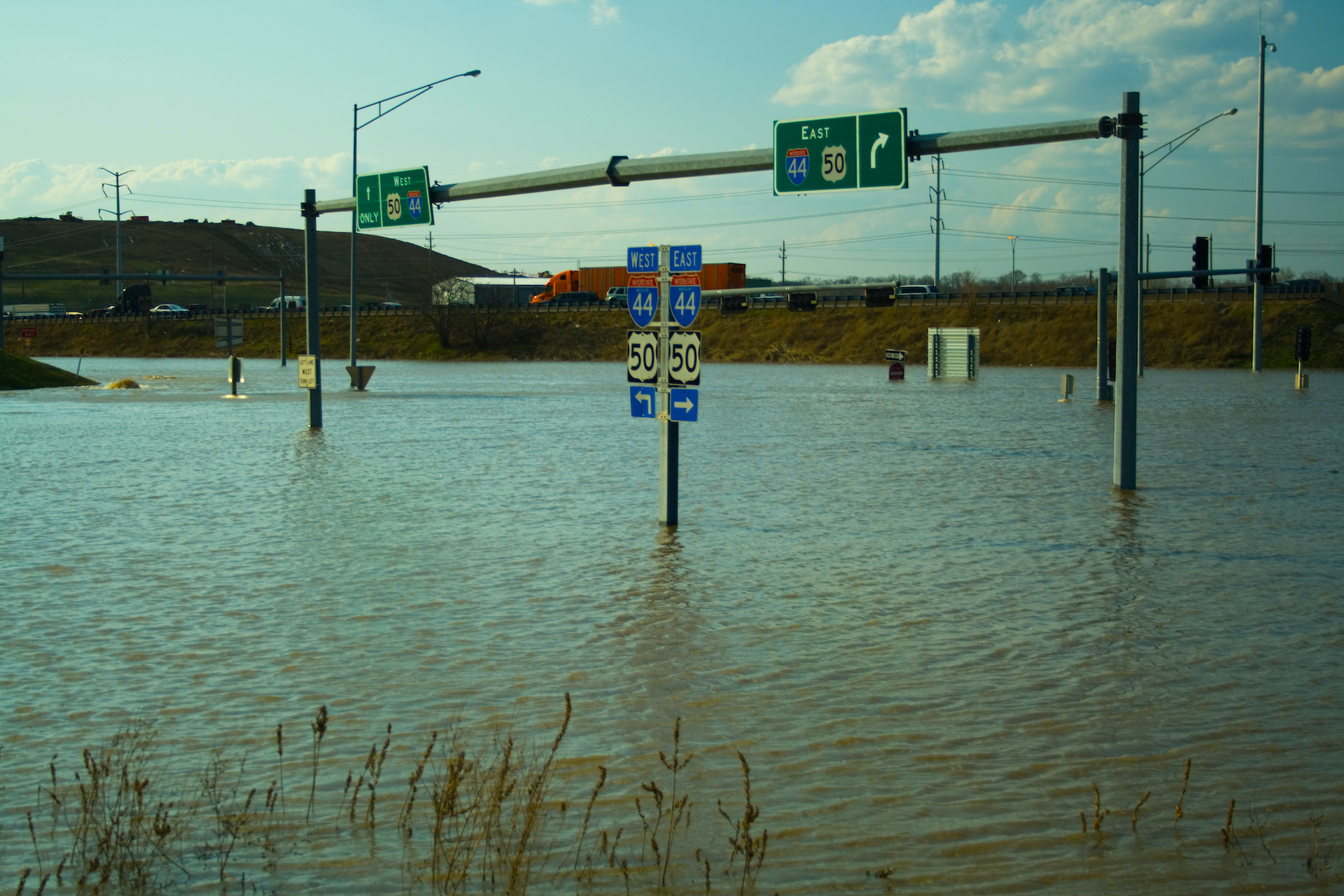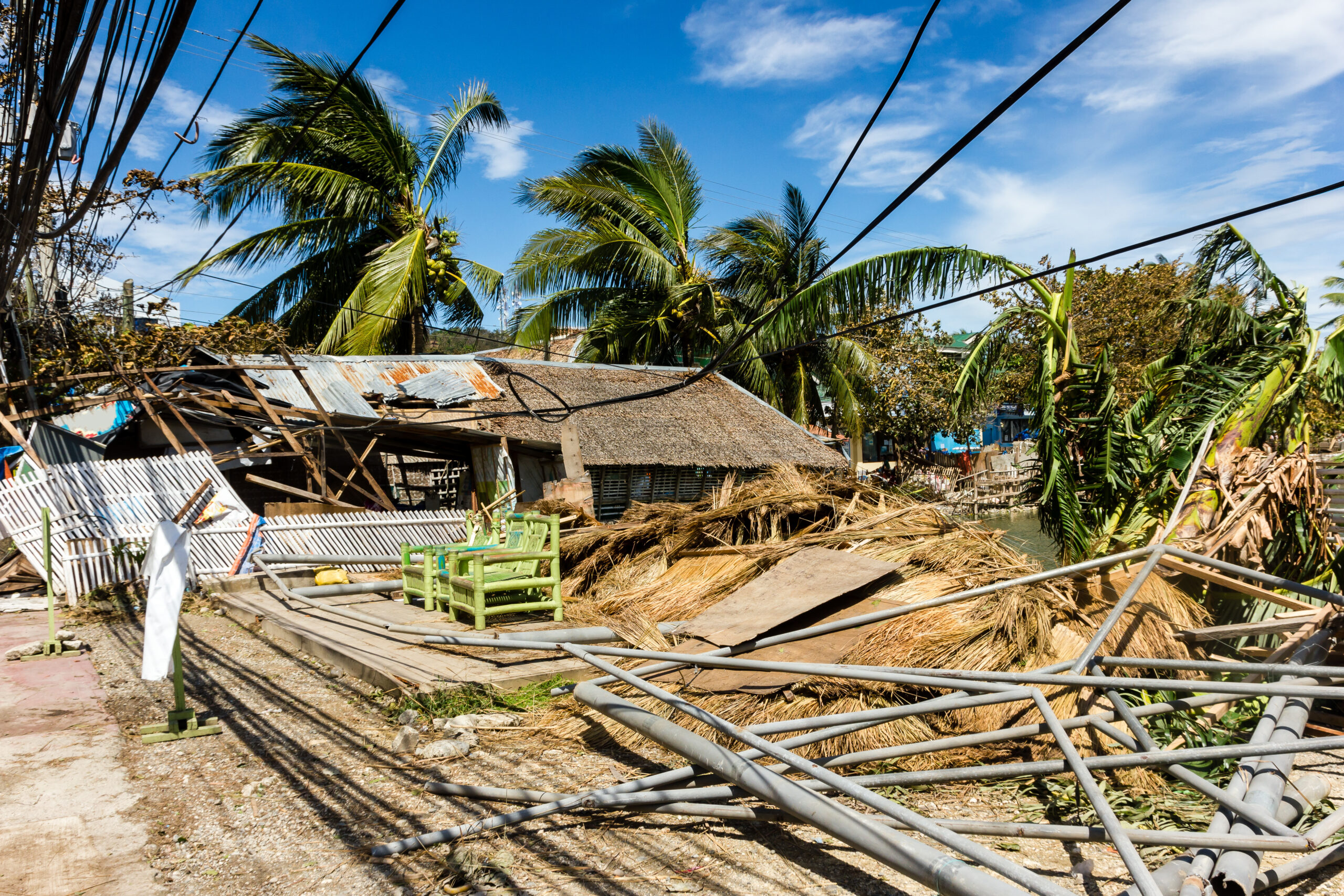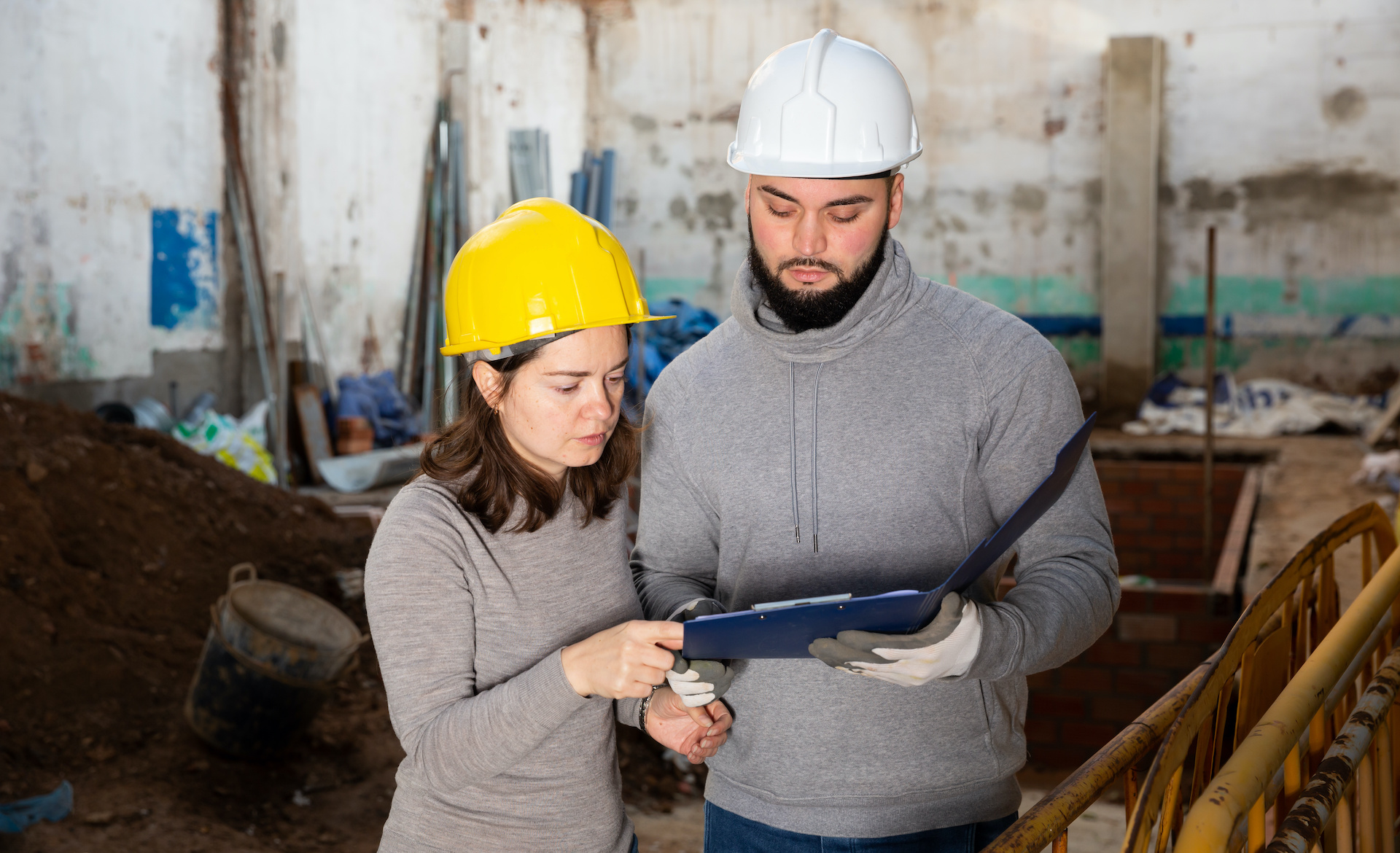After a devastating hurricane, the immediate focus shifts to evaluating the aftermath and taking swift action to secure homes and businesses. Reporting damages to local authorities becomes paramount for thorough inspections, especially in areas affected by flooding. Structural evaluations, mold checks, and identification of potential hazards are crucial steps to ensure safety post-storm. Additionally, exploring available relief efforts, such as insurance claims and government assistance programs, can provide the necessary financial support for repairs and recovery. By researching and understanding the options, individuals can access the full spectrum of aid and restore their lives after the hurricane’s havoc.
Relief Efforts After a Hurricane
Once the hurricane has passed, I’d like you to please assess any damage done and take immediate steps to secure your home or business. Please contact local authorities to report any damages as soon as possible to ensure a thorough inspection of the premises. If there are areas where flooding has occurred, inspect them thoroughly for structural damage, mold growth, electrical hazards, and other potential risks that the storm may have caused.
In addition, you should also begin actively looking into relief efforts available in your area, such as insurance claims or government assistance programs. Many organizations offer financial aid packages that can help with repairs and replacement costs associated with natural disasters like hurricanes. Please research all options related to these services to get the full support available.
In times of disaster, volunteering is another way to assist those affected. Contacting local nonprofit organizations can provide information on how to volunteer time and resources toward recovery operations. This includes distributing supplies such as food and water, helping clear debris from roads and sidewalks, or providing temporary housing for individuals who have lost their homes due to the storm’s destruction. Volunteering also provides an outlet for stress relief during difficult times while giving back to communities needing assistance after a significant event like a hurricane.
How Do I Know if My Property is Covered Under My Insurance Policy for Hurricane Damage?
Before a hurricane, it is essential to research the property’s insurance coverage. Knowing if one’s property is covered under their insurance policy in case of hurricane damage can help reduce stress and provide peace of mind.
There are a few steps that individuals should take before taking further action:
- Review your homeowner’s or renter’s insurance policy for any specific language related to hurricanes and wind-related damages.
- Contact your insurer directly to confirm what natural disasters are included or excluded from your policy, such as floods or landslides caused by heavy rains associated with the storm.
- Take inventory of all personal belongings and document them with photographs for potential claims later on; this includes furnishings, electronics, appliances, clothing, tools, etc., so you have proof if needed.
- Consider purchasing additional protection through riders or endorsements to cover losses not generally covered by standard policies, such as high-end items like jewelry or expensive furniture pieces that may exceed limits set by insurers for lost/damaged goods compensation amounts.
Understanding existing protections against hurricane damage in an individual’s home or business will prepare them better for storms arriving at their doorstep. To ensure that homeowners and businesses remain protected after a severe weather event, there is no substitute for being informed about one’s insurance coverage before disaster strikes.
Are There Any Organizations That Offer Assistance for Storm Recovery?
In the event of a hurricane, many people may wonder if any organizations offer assistance with recovery. This is an important question, as it can make all the difference when dealing with such a severe natural disaster. Several organizations, locally and nationally, support those affected by hurricanes in various ways.
At the local level, most cities have emergency management services that work closely with citizens to ensure they receive adequate help during or after a storm. These agencies often collaborate with government entities to coordinate relief efforts and provide resources like temporary housing or financial aid. Additionally, nonprofit organizations like The American Red Cross assist individuals who need additional help recovering from damages incurred due to hurricane weather activity.
On a national scale, multiple governmental departments are responsible for assisting during times of crisis. For example, FEMA stands ready to deploy experts to assess the damage and distribute necessary supplies. This includes food, water, sanitation kits, generators, etc. They also serve as liaisons between federal agencies and state governments. Thus, ensuring everyone receives the appropriate attention needed during this challenging period. Furthermore, other branches like the U.S. Department of Housing and Urban Development (HUD) offer programs designed specifically for families whose homes were destroyed by storms; these include grants for repairs or rebuilding along with counseling services, amongst other things.
It’s clear then that no one has to navigate through the aftermath of a hurricane alone; plenty of supportive resources are available should someone need extra help in their recovery process.
Post-Hurricane Recovery Tips
After establishing a communication plan, the next step is to begin post-hurricane recovery. This includes assessing property damage and making any necessary repairs. Furthermore, individuals should pay attention to sanitation issues and repair needs to protect their health and safety adequately.
Homeowners or business owners must remain aware of potential hazards caused by high winds or flooding. They could cause further destruction or injury. For instance, they need to check their roofs for structural integrity and look for loose boards, broken shingles, tiles, etc. The same goes for windows which can be damaged due to flying debris from strong winds during the storm. In addition, they must also inspect electrical systems such as wiring and outlets for signs of water infiltration. This may lead to an electrocution hazard if not addressed immediately. It is also essential to clean up after floods since standing water can quickly become contaminated with bacteria and other hazardous pollutants. These can be dangerous when ingested.
When returning home after a hurricane, it is essential to take extra precautionary measures like wearing protective clothing. Especially masks or gloves while sifting through debris to minimize exposure to harmful chemicals or materials on site. Also, one should contact local authorities regarding assistance programs available for people affected by the hurricane as soon as possible. This way, they can access support sooner rather than later once these services have been overwhelmed with requests from others impacted by the storm.
Preparing for Future Hurricanes
It is essential to be prepared for future hurricanes to minimize the potential damage that could occur. One way of doing this is by ensuring all windows and doors are properly sealed with weather stripping or caulking. This will help reduce the amount of water entering a building and protect against wind-borne debris. Additionally, it is essential to secure any loose objects outside, such as furniture or plants. They can quickly become projectiles during high winds. Finally, checking roofing materials regularly for signs of wear and tear should also be done. Thus, ensuring roofs stay intact during extreme weather conditions. Ceilings must be firmly anchored and have adequate ventilation systems installed. This will reduce the risk of structural failure due to high winds or hail storms. Taking these precautions in advance can significantly reduce the impact of a hurricane on an individual’s home or business.
The aftermath of a cyclone needs prompt action and aggressive participation. People can easily traverse the recovery process by reporting losses as soon as possible, evaluating risks, and enlisting the assistance of insurance companies and relief groups. Additionally, taking precautions such as strengthening structures and fastening loose things to prepare for future hurricanes helps reduce possible damage. Communities may recover and prosper in adversity by being resilient, cooperative, and ready, assuring everybody a better and safer future.
You can take care of your hurricane recovery process with BSA Claims. Our experienced team is ready to guide you through insurance claims, expedite assistance, and provide expert support for a smooth and efficient recovery. Please contact us today to ensure your rights are protected and your path to recovery is streamlined.






